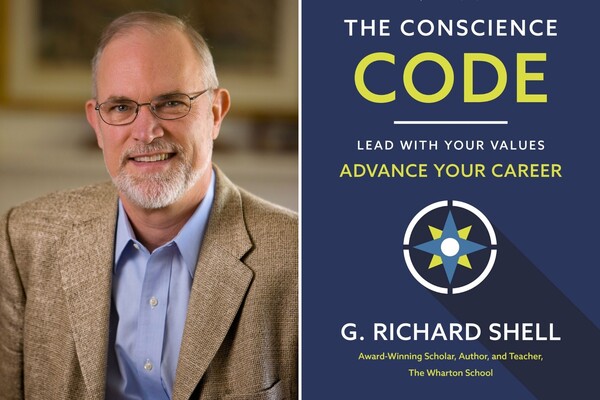4/16
Management
How firms can overcome the ‘paradox of preparedness’
George Day of the Wharton School and global management consultant Roger Dennis offer four pieces of advice for firms who want to get ahead of looming problems.
Why more companies are standing up on social issues
From the war in Ukraine to anti-LGBTQ+ legislation in Florida, companies are increasingly speaking out on social issues. Wharton management professor Stephanie Creary explains why silence is no longer golden for firms.
How immigrant employees boost performance
Wharton’s Britta Glennon discusses how employing skilled immigrants can give organizations a competitive edge.
Drivers in the gig economy
Lindsey Cameron, assistant professor of management at Wharton School, discusses key findings from her research on how drivers in the gig economy create ‘workplace games’ to find control and meaning in their work.
Should employers rethink what they’re offering workers?
Wharton’s Peter Cappelli talks about what we’re getting wrong about the Great Resignation and how the pandemic has rewired worker preferences.
Practical tools to help you bring your conscience to work
A new book by Wharton professor G. Richard Shell serves as a guide to help you stand by your values and create a more ethical workplace.
Are teams better than individuals at getting work done?
New research by Wharton’s Duncan Watts finds that simple tasks are best accomplished by individuals, while difficult ones are more efficiently completed by a group.
How employees can become better organizational citizens
A new Wharton paper on employee culture proves that both supervisors and peers can be powerful agents of change when they are allowed to intervene at different times of the change process.
Bad bosses: What’s wrong with labor algorithms
Wharton’s Lindsey Cameron discusses why policymakers and labor leaders contend that algorithms that allow companies to monitor an employee’s every move are unfair and dangerous.
How language boosts customer satisfaction
Wharton’s Jonah Berger talks about his new research on how using more concrete language can improve customer satisfaction.
In the News
How to die in good health
PIK Professor Ezekiel Emanuel says that incessantly preparing for old age mistakes a long life for a worthwhile one.
FULL STORY →
Bridging Blocks has Philadelphians focused on dispelling myths around immigration
Exequiel Hernandez of the Wharton School says that immigrants are net positive contributors to everything that makes a community prosperous.
FULL STORY →
AI will change work, for better and worse
Sonny Tambe of the Wharton School says that AI is a useful tool for most people, not an existential threat.
FULL STORY →
Business schools are now encouraging students to use AI as they race to prepare them for a new job market
Ethan Mollick of the Wharton School is teaching his students to use and understand the capabilities of generative AI.
FULL STORY →
Many cancer drugs remain unproven five years after accelerated approval, a study finds
PIK Professor Ezekiel Emanuel says that there should be definitive benefits to cancer drugs five years after their initial accelerated approval.
FULL STORY →
Is the shorter workweek all it promises to be?
Peter Cappelli of the Wharton School says that one way to handle the problem of overwork could be improving enforcement of the FLSA for all eligible workers.
FULL STORY →













